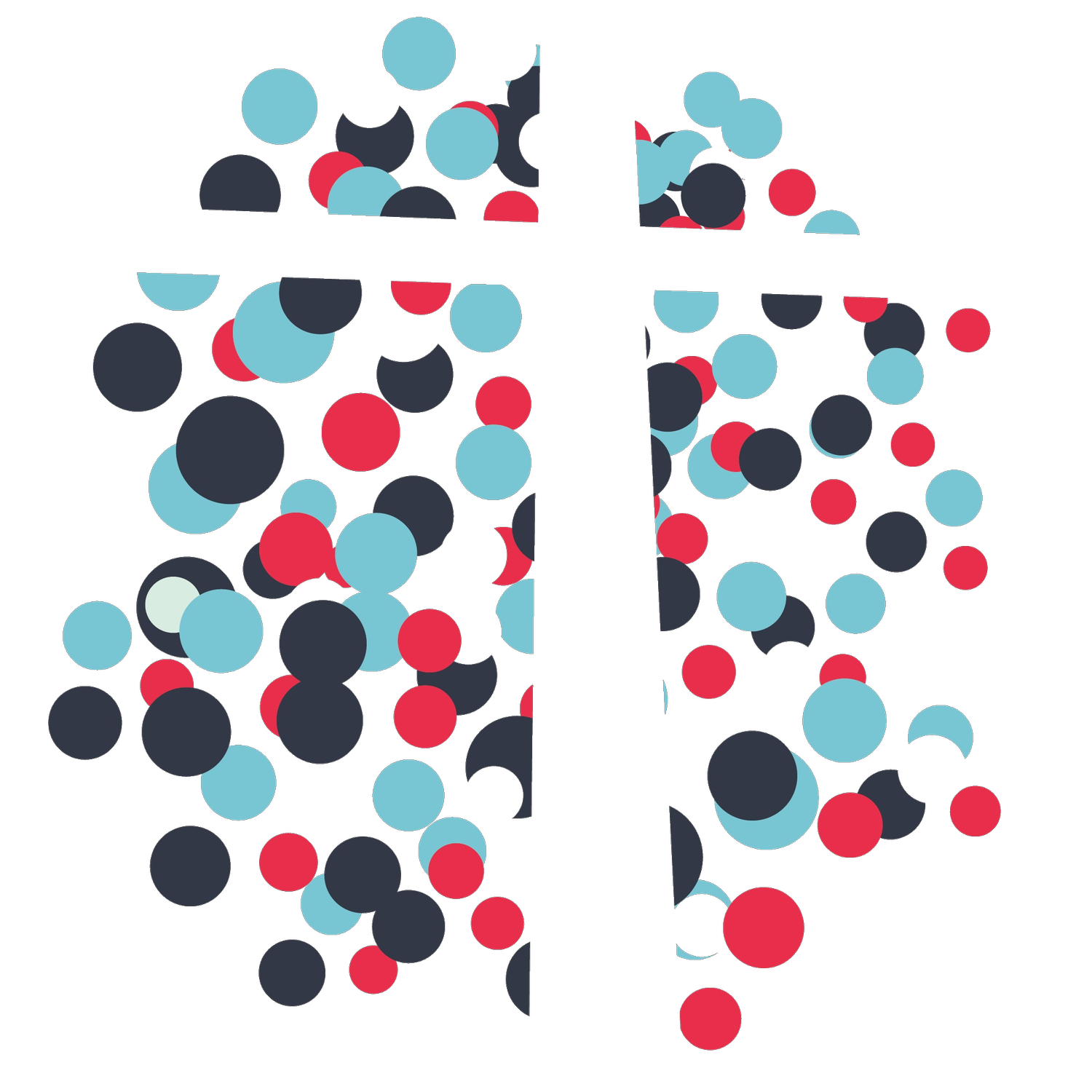Where Is The Church?
Dec 8th 2024 | Written by Peter Firth
Audio of the article here:
Tommy’s series on the will of God will continue in January 2025. Here in December one of our leaders Peter Firth wrote an article on Where is the Church. We hope this encourages you and help you remain faithful to Jesus.
Where is the Church?
A Brief History of the Church's Beginning
Throughout history, God has led and guided people to worship and serve Him as the Lord God, Creator of all things. Our human heritage began at a specific point in creation. When God created Adam and his descendants, He established the foundation of His church. Worship of God was true and pure until the rebellion described in Genesis 3, when sin entered the world. Sin caused a separation between humanity and God, leaving all people in need of salvation.
God established a covenant with humanity through the sacrifice of animals, their blood serving as an atonement for sin. Through Moses, strict adherence to God's commandments, known as “the Law,” was instituted.
Out of the entire population of the earth, God chose a specific group—the twelve sons of Jacob and their descendants—to be His chosen people. They would serve Him and carry the oracles of God. Through this people came the Messiah, a Savior who would make reconciliation with God possible for all.
The Old Testament is not only a true account of the history of the earth but also prophetic. It foretells the coming of a Savior who would ultimately address the problem of sin, enabling all to believe and be saved. This prophecy was fulfilled in the incarnation of Jesus Christ, conceived by God and born of a human mother. Jesus, the God-man and promised Messiah, lived, died, was buried, rose again, and ascended to heaven. Having completed His mission, Jesus sent the Holy Spirit to guide humanity toward salvation by faith in Him.
God established the final covenant with humanity—one that cannot be broken because it was fulfilled by Him. The church exists to glorify and serve God, who receives glory from His people, those who are saved and being saved.
God chose twelve patriarchs to begin His people and twelve apostles to establish His modern church. He has called many disciples to follow Him, continuing this work to the present day. Followers of Jesus are chosen by God; we do not choose Him—He chooses us. Through the unifying Spirit of God, the church grows in service to Him and in bearing witness to Christ the Savior.
Once, humanity was divided into two groups: Jews and Gentiles. Gentiles, who were formerly alienated from God, have now been brought into His family, like a wild branch grafted into a cultivated tree. Now, as one family of God, we are united by the power of the Holy Spirit.
This unity is expressed through our confession of faith, as defined by the Nicene Creed of AD 325. The core tenets of Christianity outlined in this creed affirm belief in the Trinity, the dual nature of Christ, His resurrection, and ascension. These truths, foundational to Christianity, are received by faith and derived from Scripture. The creed does not replace or supplement the canon of God’s Word but defines doctrine based on it. As the Apostle Paul said, there is “one Lord, one faith, and one baptism” (Ephesians 4:5–6).
Disunity in the Church
The gospel is the cure for humanity’s condition of sin and its effects. However, sin continues to influence mankind, giving rise to false religions and beliefs. One significant influence is described by R.C. Sproul in his book, What is the Church?, where he discusses pluralism.
Pluralism is the policy or attitude that acknowledges the value of diverse religious beliefs and practices within society. While it promotes peaceful coexistence, it also fractures the true church by introducing false doctrines. In a pluralistic society, all religions and philosophies are to be respected, but this relativism is flawed. Truth cannot be relative; it comes from God alone, not from the corrupted minds of men.
Unity in Truth Matters
Theology matters. Errors in theology create divisions within the church and lead people astray with heretical teachings. Today, truth is often treated as relative, with feelings guiding lives rather than faith in God’s Word.
While we can agree to disagree on issues not related to salvation, bad theology results in unchecked sin and hardened hearts within the church. John MacArthur once stated that “soft preaching produces hard hearts, while hard preaching produces soft hearts.” The gospel illuminates all aspects of life, and manipulating it distorts theology.
The foundation of the church and theology is rooted solely in God’s Word. The church's primary goal should be to please God and obey His commandments. True believers, guided by faith in Christ and God’s Word, experience transformation through the Holy Spirit.
Disunity in the church exists because it is comprised of sinners with varying opinions and preferences. Instead of embodying love, patience, and perseverance, many believers compromise, which leads to further division.
Where is the Church?
Despite differences, God unites His church through the Holy Spirit. As instructed in Scripture, we must seek God’s wisdom, which is pure and trustworthy. Overcoming the world's influence requires reliance on Jesus, for He is the way, the truth, and the life.
Ultimately, the church is within us. We are the body of Christ, carrying the light of the gospel into a dark world filled with sin. Our mission is to preach and share the truth in love, so those God calls may hear, repent, believe in Jesus, and be saved. Evangelism must remain the church’s focus. IF you want to read more about the chruch and evangelism reading these follow up articles: Whats Wrong With Me- Obstacles In Evangelism & Pastor And The Evangelist Unite
Until next month go out and share and proclaim the Gospel because the truth worth sharing and proclaiming is the truth that transforms.

